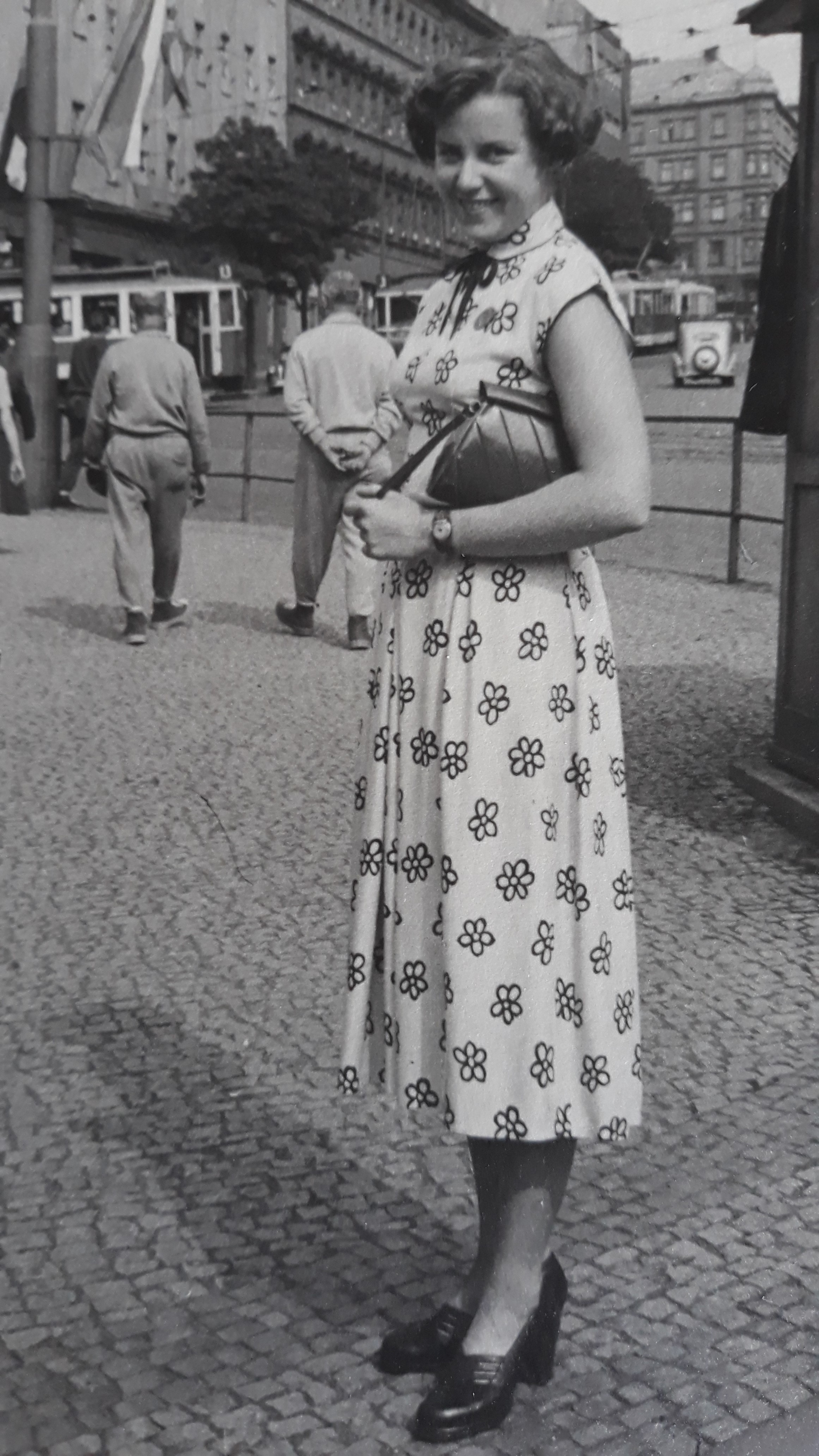The miners were surprised to see a girl working in the mine

Stáhnout obrázek
Alice Mayerová, née Ličmanová, was born on 28 March 1936 in Stonava. Her grandmother Barbora Ličmanová was a midwife who delivered hundreds of babies in Karviná region. Her father was a miner in the Gabriela mine. She grew up in very modest circumstances in a nationally diverse environment. In 1951 she entered the secondary industrial school where she graduated in mining engineering. There were only three girls in the class and it was the first time that girls were admitted to this course. In 1953, as a student, she was brought to the savings bank in Karviná to help with the tasks related to the monetary reform. In 1955 she finished her studies and worked as a temporary worker directly in the mine. After working in a housing enterprise in Havířov, she returned to the coal environment. Until her retirement she worked at the Institute of Coal Research in Ostrava-Radvanice. She remembers the tense relations between Czechs and Poles in Karviná and from her youth she remembers exactly how the villages, that have now disappeared, looked like.





